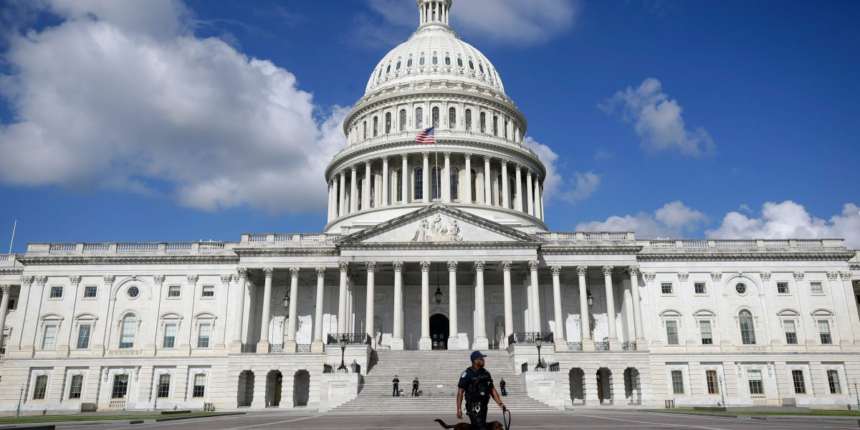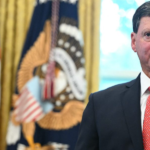The annual spending battle will dominate the September agenda, along with a possible effort by Senate Republicans to change their chamber’s rules to thwart Democratic stalling tactics on nominations. The Senate is also debating whether to move forward on legislation that would slap steep tariffs on some of Russia’s trading partners as the U.S. pressures Russian President Vladimir Putin on Ukraine.
A look at what Congress will be doing as lawmakers return from the August break:
The most urgent task for Congress is to avoid a government shutdown on Sept. 30, when federal funding runs out. And it’s so far unclear if Republicans and Democrats will be able to agree on how to do that.
Democrats have warned that such efforts could tank the broader negotiations. “Trump is rooting for a shutdown,” Sen. Chris Murphy, D-Conn., posted on social media Friday.
Republicans now say they’re ready to try and change Senate rules to get around the Democratic delays, and they are expected to spend the next several weeks discussing how that might work.
Louisiana Sen. Bill Cassidy, the Republican chairman of the HELP panel that oversees the CDC and a member of the Finance Committee, has called on the CDC to delay a meeting of outside experts who make recommendations on the use of vaccines until Congress can look into the issue.
Democratic Rep. Ro Khanna of California and Republican Rep. Thomas Massie of Kentucky are pushing the House to take up their bill to force the Department of Justice to publicly release its investigation. They are planning a news conference this week joined by Epstein victims. The House Oversight Committee is also investigating the issue.
Democrats are eager to keep pressing on the Epstein files, especially after the Trump administration reneged on pledges for transparency. The case for years has been the subject of online conspiracy theories and speculation about who may have been involved or aware of the wealthy financier’s abuse.
The Republican-led committee will hear from former top Biden staffers in September like Jeff Zients, Biden’s final White House chief of staff, Karine Jean-Pierre, the former White House press secretary, and Andrew Bates, a top press aide.
Oversight Chair James Comer, R-Ky., has said public hearings and a full report can be expected sometime in the fall.
Congress has discussed proposals for years to keep lawmakers from engaging in trading individual stocks, nodding to the idea that there’s a potential conflict of interest when they are often privy to information and decisions that can dramatically move markets.
Still, there is plenty of resistance to the idea, including from many wealthy lawmakers who reap dividends from their portfolios.









